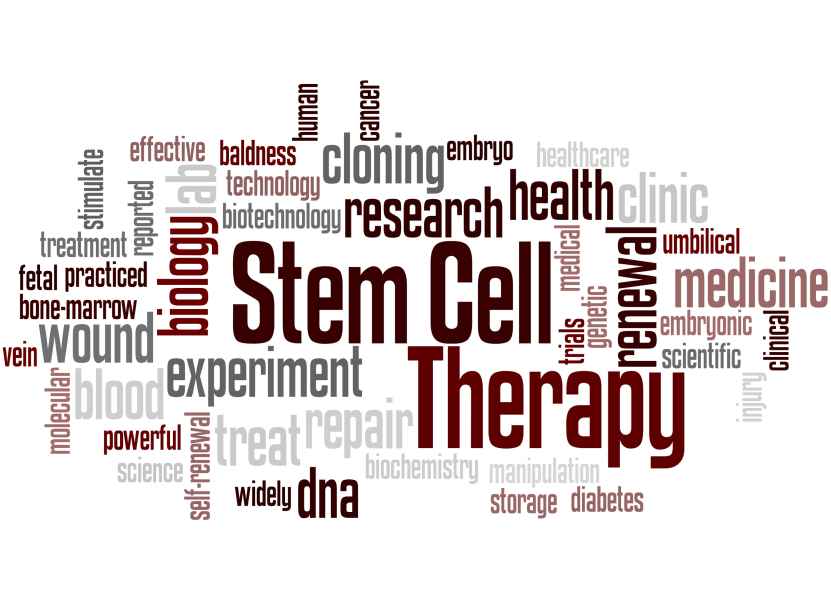



There are many answers to this question but all experts would agree on the following important facts about stem cell therapy in the world:
Harvesting mesenchymal stem cells (MSC) requires expert staff and expensive technical equipment. Whether they come from the patient’s own tissues or from an umbilical cord source, their source availability and expansion are limited. The cord blood of one new-born, for example, contains an average of 1.8 million MSC. These stem cells can be cultured and expanded 20 to 50 times until they lose their stem cell nature and differentiate into one of the eight types of cells they can become. The risk of contamination for these cells is high also. For every 200 million MSC, a new source must be found and evaluated for pathogens before culture. All these steps and inconsistencies in the success of isolation add to the cost of these MSC. This is probably why patients sometimes have to pay up to $10,000 for a single treatment. In contrast, a single line of pluripotent stem cells is harvested once, and can be expanded millions of times over many years, treating thousands of patients with only one original blastocyst.
Yet, the true challenge is the quality of the information that these stem cells carry. By nature, mesenchymal stem cells are much more aged and already differentiated to signal repair in only eight tissue types. They are effective for bones and muscle (umbilical) and skin (adipose) but do not have the regenerative reach to all 220+ tissue types of cells that our body needs for a comprehensive tune-up. If the MSC are harvested from the patient’s adipose tissues, they have the same age as the patient and will not add youth to the recipient’s metabolism. If the MSC come from umbilical cord blood, they will be younger than stem cells from adipose tissue but still very limited in the signals that they send - their mission to communicate mainly with bones, skin, and muscles. This is where Embryonic Stem Cells shine — in their youthfulness and in their secretory reach for whole body repair and rejuvenation. The signals sent by pluripotent embryonic stem cells to the recipient’s cells are not limited to any tissue. The genes of pluripotency that are known to restore youth in all tissues will release their unique miRNAs and help the surrounding cells to restore their young metabolism.
It is important to know also that each batch of MSC will release different signals since they are coming from a different source, a different placenta or a different cord blood sample. It has been reported that these MSC batches are not all equally immunosuppressive or equally potent, which means that the results observed after their application are not reproducible. Instead, by using the same line of pluripotent stem cells, coming from the same source for years, the results are much more reproducible and the treatment more predictable and reliable.
The number and pace of applications is another important point to understand about stem cell medicine. A one-time injection helps somewhat, but research is more and more clear that it is the regular pulsating doses of pluripotent signaling that make the most significant difference - day after day, week after week, sequential applications over a period of time. Depending on the level of cell degradation to reverse in the patient, the number of applications will vary. Mild conditions may be reversed after only 12 applications. For more advanced conditions like dementia or MS and ALS, 24 applications are recommended along with side treatments that will help restore the metabolism.
Whether you're a patient seeking stem cell therapy or a doctor seeking stem cells for your patients, please feel free to get in touch with us.
OR
Call or Text/SMS to 1-520-STEMAID